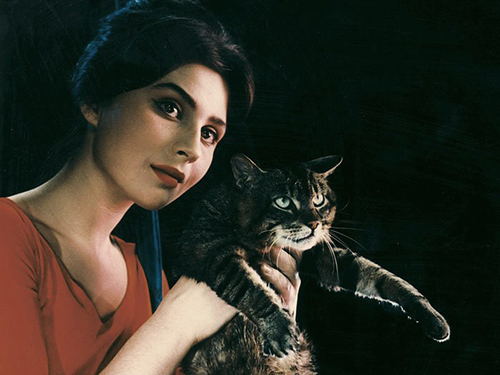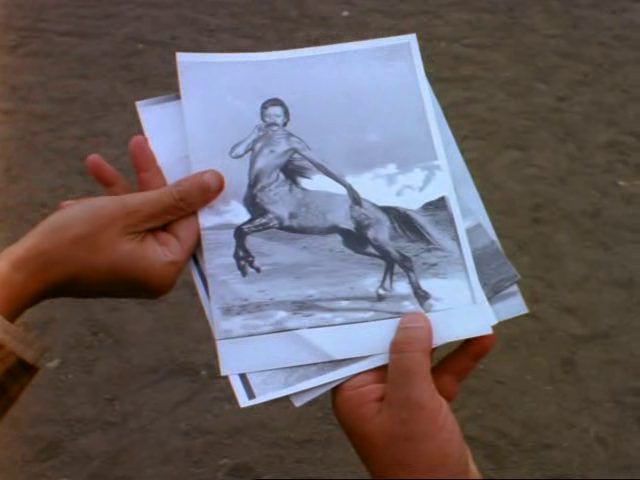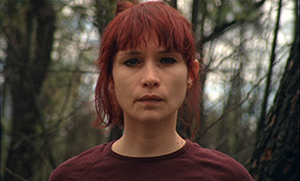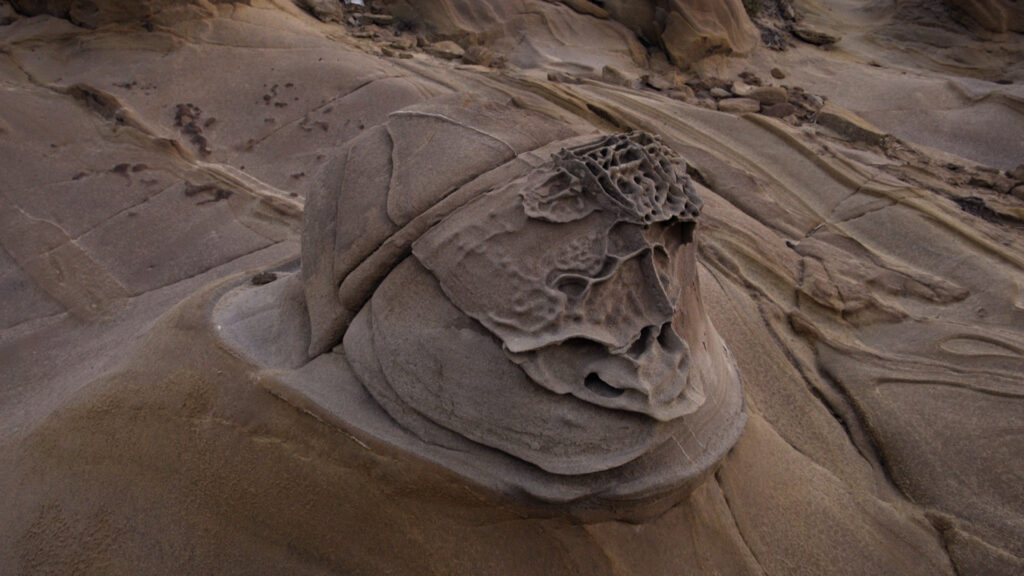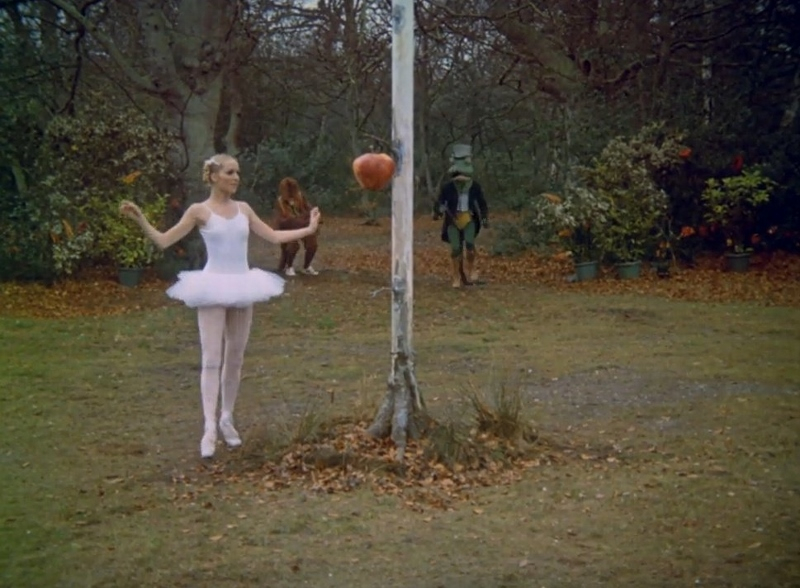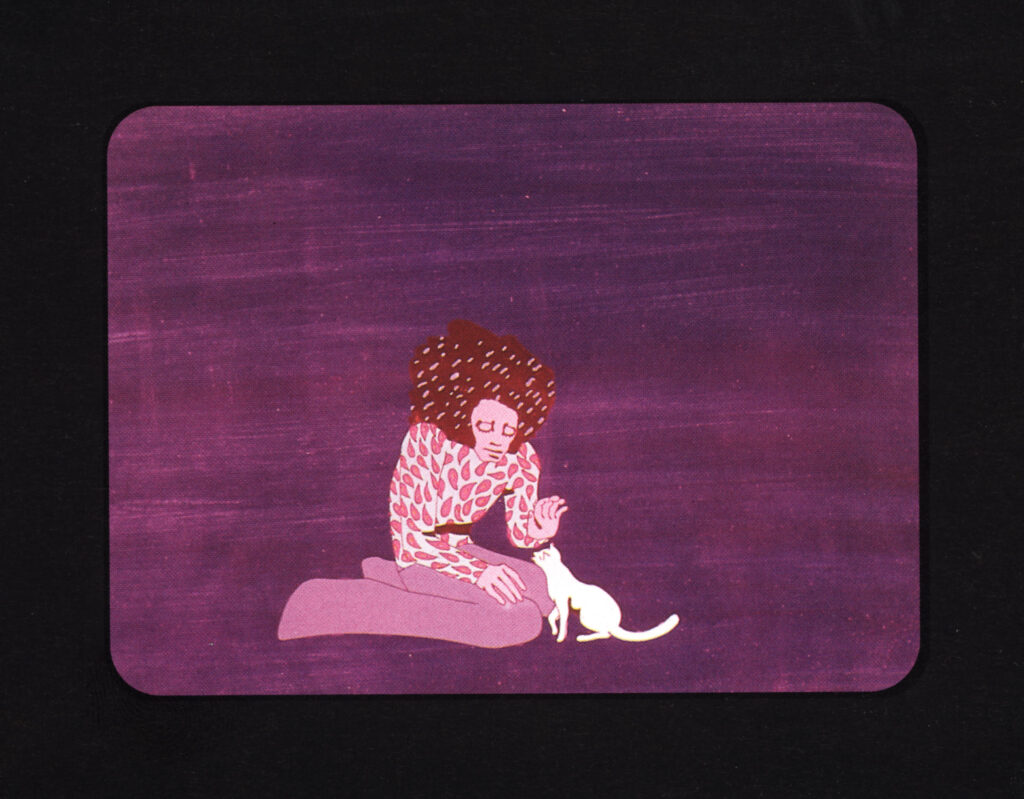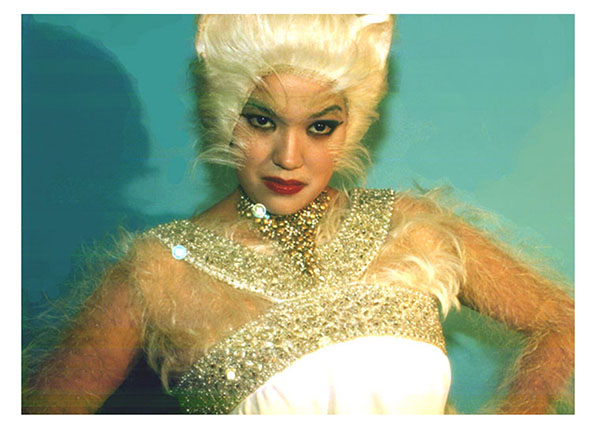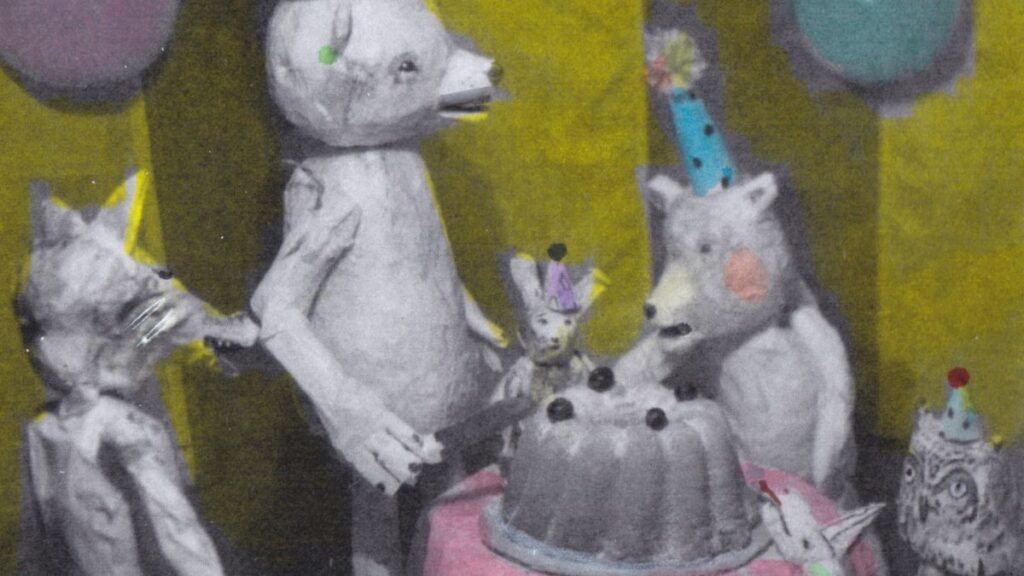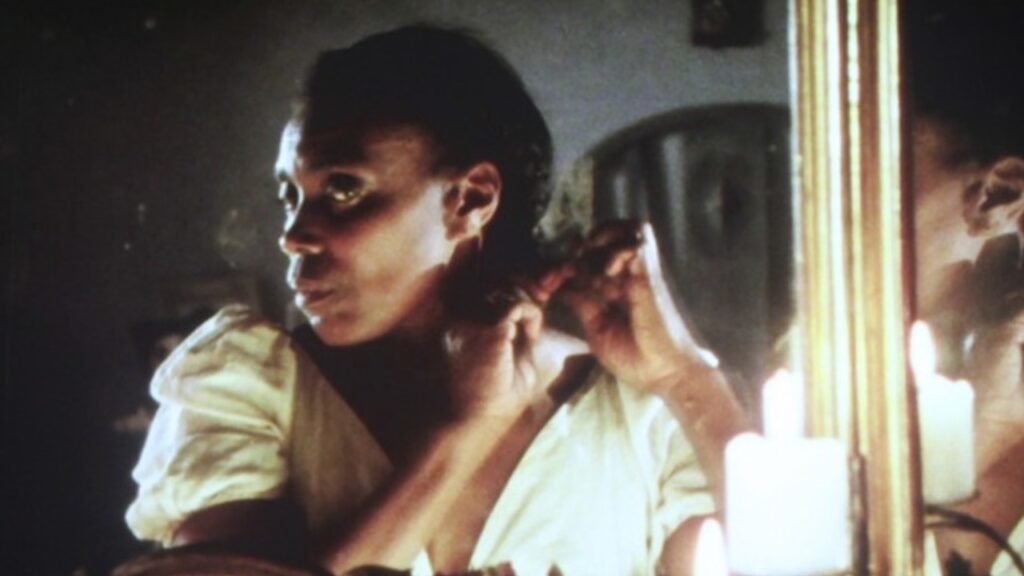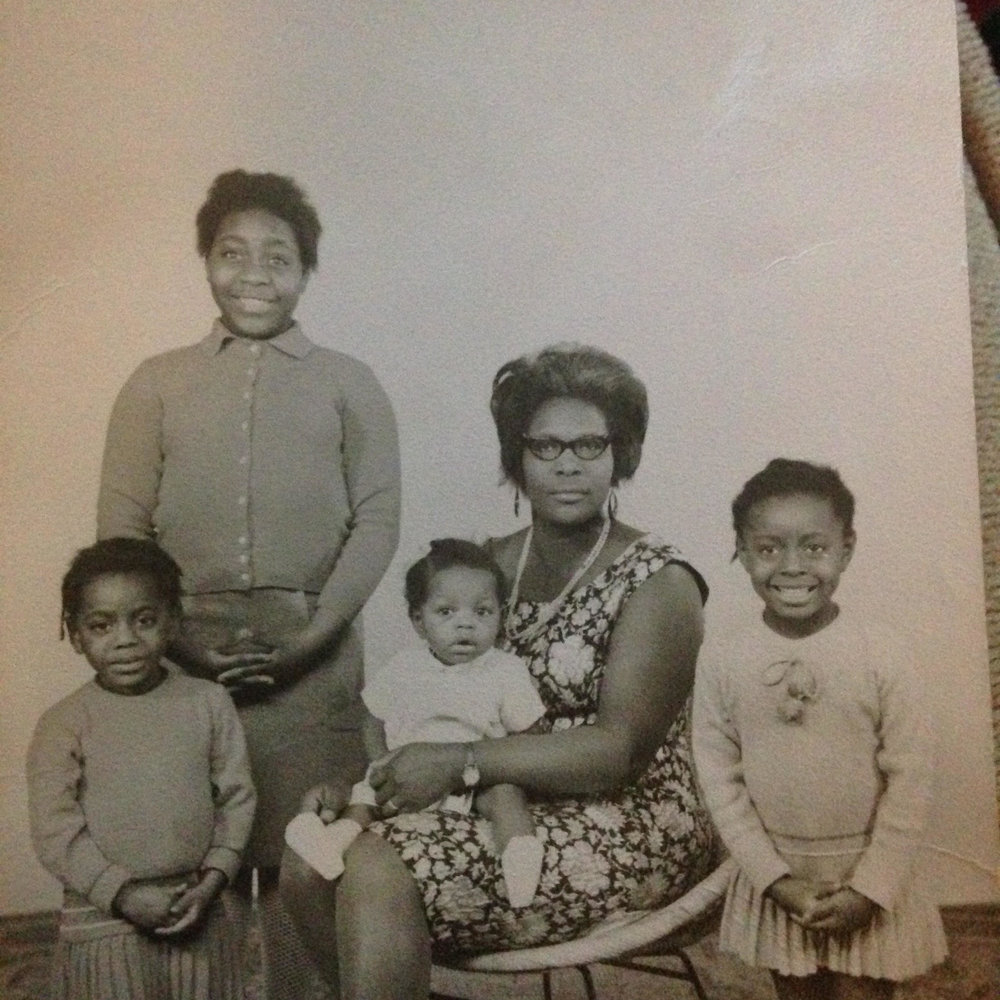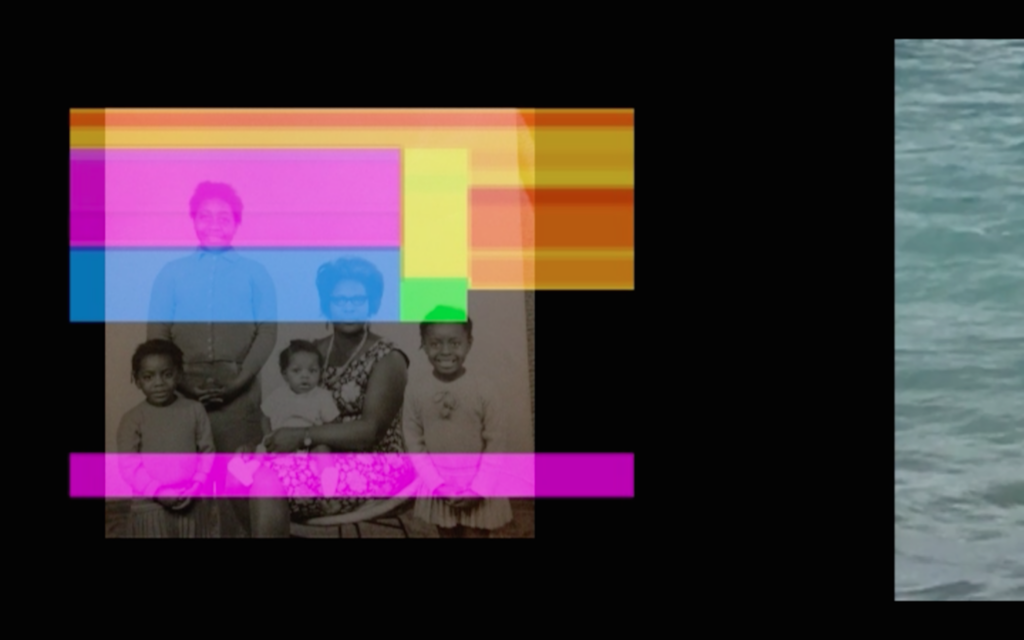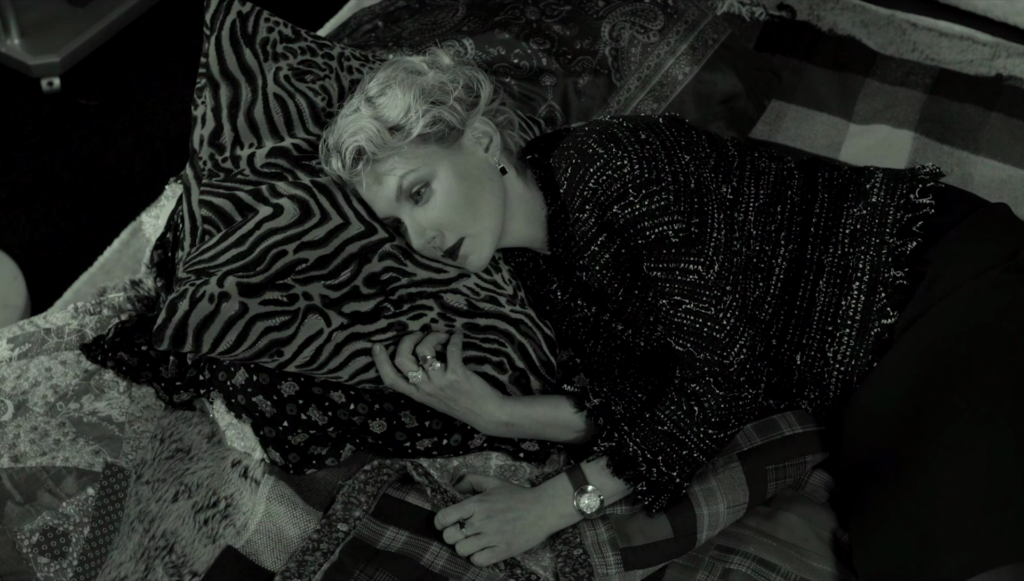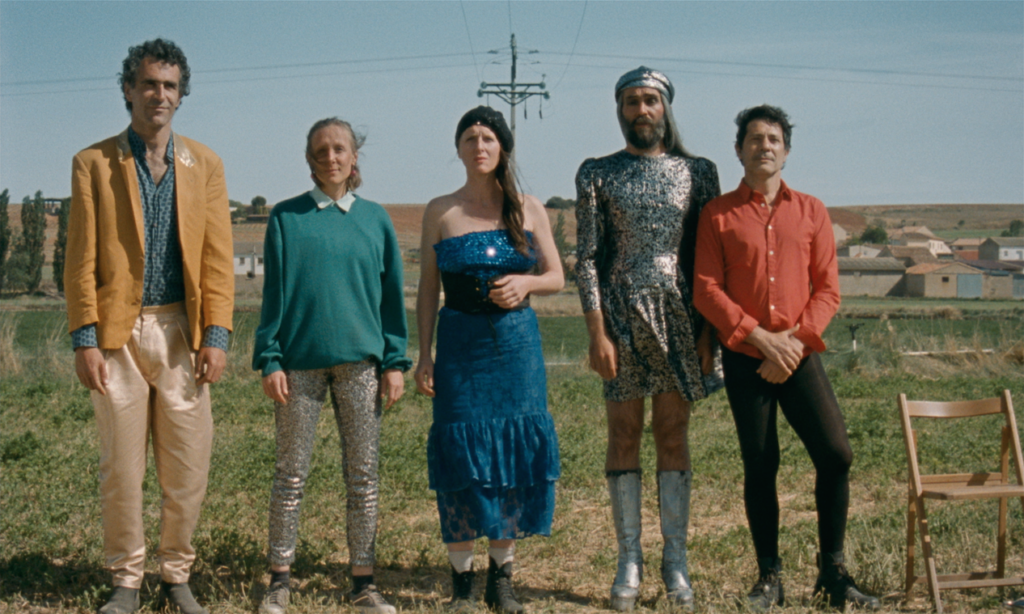From research to writing, through performance and film, this seminar led by BFMAF 2019 Artist in Profile Marwa Arsanios follows the different stages of building a work—from the act of reading and writing to performing a text out loud to an audience and in front of the camera.
When the Cat Comes is one of the more quietly subversive films of the Czechoslovak New Wave, and its visual flair, storybook fantasy and absurd humour make it fun for viewers of all ages. The film won the Cannes Special Jury Prize in 1963 thanks to the winning combination of director Vojtěch Jasný, writer Jirí Brdecka—known for his collaborations with animator Jirí Trnka—and lead actor Jan Werich, writing his own dialogue in the dual role of Comrade Oliva and the Magician.
Love affairs, horse races and male duels unfold at an isolated hippodrome by the sea inhabited by excessive, eccentric characters who strut and pose, fanatically declaim and obsess about their own ‘enthusiasms’. The film’s extravagant monologues were written and performed by the charismatic Renata Litvinova, whose screen presence channels equal parts Marilyn Monroe, Jean Harlow and the loquacious self-possession of a Warholian superstar. Litvinova, a professional screenwriter was discovered by Muratova, immediately becoming a member of her on-screen ‘family’, as well as a cult diva of the new Russian cinema.
Films by Leonor Noivo and Elise Florenty & Marcel Türkowsky
No human is an island. Two short films of grand vision—and great difference—follow their lone protagonists as they negotiate between inner and outer worlds. From the barren but hauntingly militaristic island of Lemnos to a verdant Portuguese forest, both humans rearrange fugitive blocks of cunning and experience to find their point of view.
Q&A with filmmakers Leonor Noivo, Elise Florenty and Marcel Türkowsky
Fairytales and fables form the fulcrum of these short films. Zlatko Bourek’s psychedelic-era animation The Cat is a day-glo adaptation of Aesop’s ‘Venus and the Cat’, in which a man falls in love with a cat-turned-woman.
This screening and conversation, programmed by Rabz Lansiquot, pairs dancer Zinzi Minott’s durational film works Fi Dem (2018) and Fi Dem II (2019) with Judah Attille’s Sankofa Film & Video Collective-produced Dreaming Rivers (1988) to consider lineages of Black British experimental film.
Q&A with Zinzi Minott
This programme is supported by the Independent Cinema Office as part of a forthcoming project with LUX celebrating films made in and around the Black British film workshops of the 1980s
A woman is paid a surprise visit by her long-forgotten classmate, who needs her advice: should he choose a wife or a lover? An outrageously burlesque mise-en-scène is repeated many times over, each in a different setting and performed by new actors. While the viewer doesn’t immediately recognise this, the scenes are screen tests with various actors. Towards the finale, Muratova employs a trick: the black-and-white images are disrupted and the film continues in colour. In the screening room, the producer and a potential investor, a sugar magnate, discuss the material of the uncompleted film. The director has died and there is no money to finish the movie. Muratova asked the big stars of Russian cinema and stage (including Renata Litvinova, Oleg Tabakov and Alla Demidova) as well as the amateur actors from her previous films to collaborate on Eternal Homecoming, exploring the possibilities of aesthetic transformations between past and present.
The Little Girl Who Sold the Sun follows Sili, a girl traversing Dakar’s many obstacles with her crutches. After starting to work as a newspaper vendor, she quickly runs afoul of territorial boys who see her as a competitor. Djibril Diop Mambéty’s final film is handled with gentle lightness and grace, providing incontrovertible evidence of his place not only as a master of African cinema, but as a pivotal figure in the history of cinema. — Herb Shellenberger
The Great Indomitable Circus prepares the premiere of their new performance ‘Rights of Man’. Setting up tent in a sleepy northern Spanish town, they devise changes in the style of their show. But their days become mired in meandering vaudevillian arguments, analysing the grandeur of the landscape, the simplicity of the native architecture or the quality of each other’s performances. After much back-and-forth, they end up sticking to their original script.
Introduction by filmmaker Juan Rodrigañez
The film will be preceded by the 2019 Berwick New Cinema Competition award presentation



